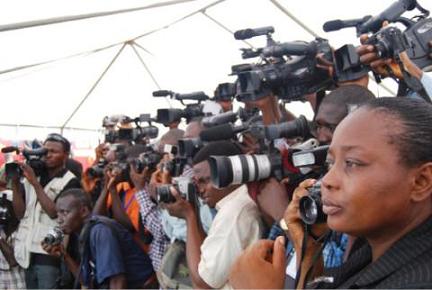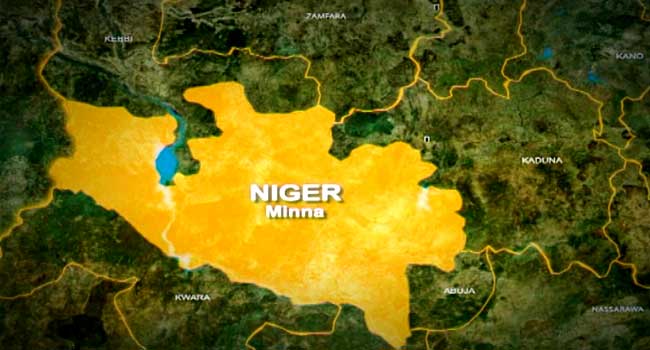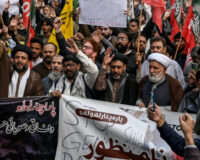At least 56 journalists were jailed in Africa in 2022 as Egypt was the top jailer country, according to Committee to Protect Journalists (CPJ).
CPJ, in an investigative report published on Wednesday, found that 363 newsmen were deprived of freedom as of December 1, 2022, which set a new global high that overtakes the 2021 record by 20 per cent.
While it revealed that Egypt remains the top jailer country for journalists in Africa, Iran and China are recorded as notorious world top jailer nations for journalists.
It disclosed that most of the jailed reporters have been in the custody of security agents without trial for 21 years.
“Egypt remains the top jailer of journalists across Africa, despite some releases under international pressure. Eritrea is one of the most censored countries in the world.
“The majority of the journalists imprisoned there have been detained without trial for 21 years, since the crackdown on the independent press in 2001,” the report read.
“Cameroon has appeared on the census every year since 2014, with some currently jailed journalists held since 2016. Senegal has one journalist imprisoned for their work, Pape Alé Niang, marking the first time the country has been on the census since 2008.
“Three of the 4 jailed journalists in Rwanda are YouTubers. Two of them – Aimable Karasira and Dieudonné Niyonsenga allege that they have been tortured and ill-treated while imprisoned.
It said the governments hide under the guise of waging war against “fake news” to hound journalists and jail them.
“Imprisoning journalists is just one measure of how authoritarian leaders try to strangle press freedom. Around the world, governments are also honing tactics like “fake news” laws, are using criminal defamation and vaguely worded legislation to criminalize journalism, are ignoring the rule of law and abusing the judicial system, and are exploiting technology to spy on reporters and their families,” CPJ said.
“This year’s top five jailers of journalists are Iran, China, Myanmar, Turkey, and Belarus, respectively. A key driver behind authoritarian governments’ increasingly oppressive efforts to stifle the media: trying to keep the lid on broiling discontent in a world disrupted by COVID-19 and the economic fallout from Russia’s war on Ukraine,” it added.







